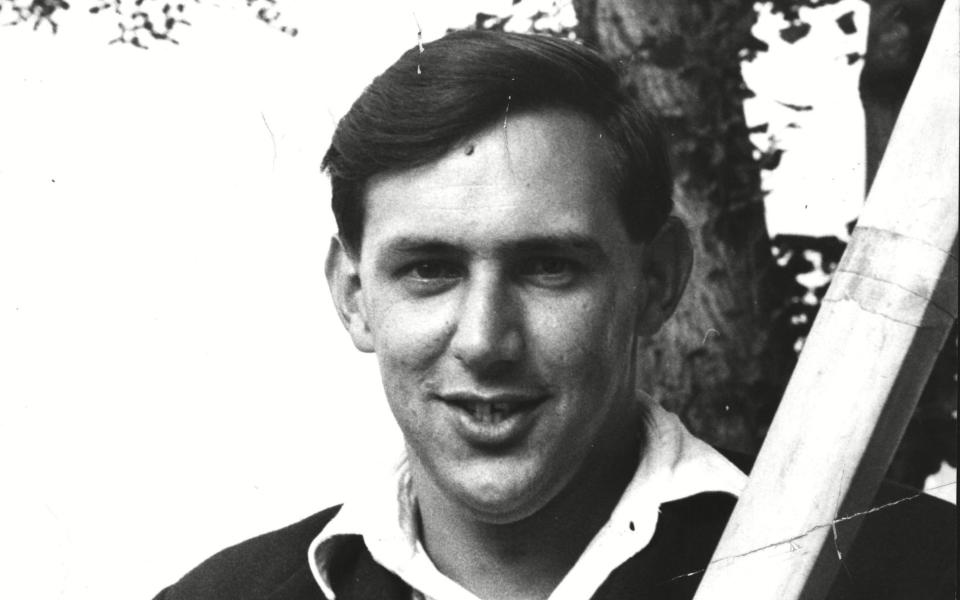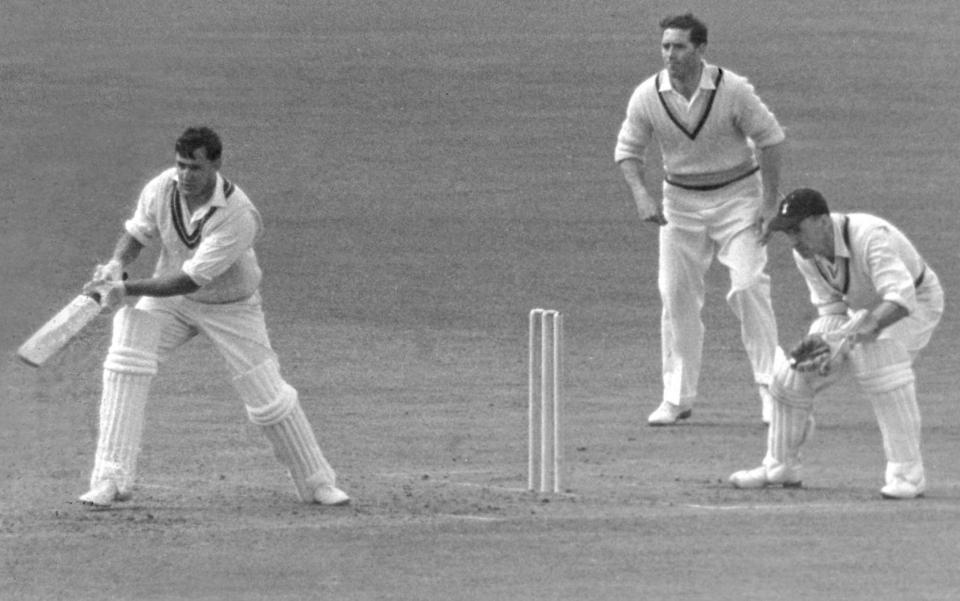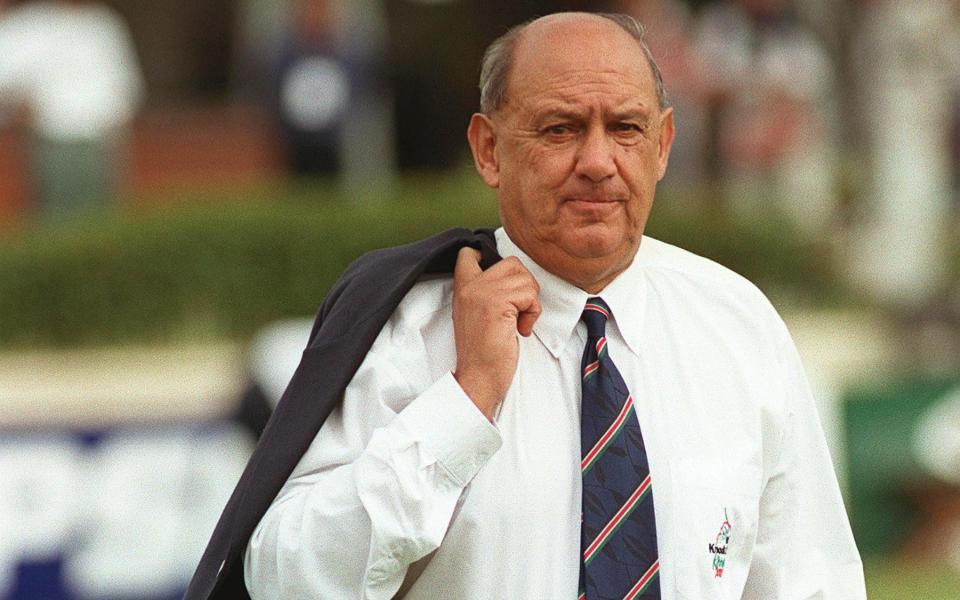Raman Subba Row was one of England’s finest amateurs and helped save Surrey

Raman Subba Row, who died at the age of 92 on Thursday, was not only one of the last amateurs to represent England at cricket, he was one of the best. Subba Row became known to the next generation as a chair of the England and Wales Cricket Board, or Test and County Cricket Board as it used to be known, in addition to being one of the first ICC match referees.
As a left-handed opening batsman at Cambridge and Northamptonshire he was steady and useful, but when he moved to Surrey – still an amateur – he went right to the front. He was good enough to score 300 in a championship innings and to average 46 in his 13 Tests for England, before he retired from all cricket at the age of 29 to make a living.
England, strangely, had never had a left-handed opening batsman of note before the second half of the 1950s, when suddenly several came along as suddenly as unsynchronised buses. Geoff Pullar of Lancashire was stalwart rather than silky, Peter Richardson had more of a flourish, and even Willie Watson tried his hand up the order, but Subba Row soon took his place as England’s number one. Most left-handers favour one side or the other but Subba Row, having been leg-sided in his youth added some fine driving through the covers.

A century in the West Indies on England’s 1959-60 tour was his first stamp on Test cricket. Australia won the 1961 Ashes series 2-1, but Subba Row made the highest aggregate of anyone in that series on either side, 468 runs. He scored two centuries while all the other England players made one between them.
England might well have lost the first Test of that series without Subba Row top-scoring with 59 in their first innings and chiselling out 112 in their second while Ted Dexter made a more dazzling 180. In the second Test at Lord’s he again top-scored in England’s first innings, but this time it was only 48, and Australia won by five wickets. These were still the days of the Lord’s Ridge, on a length at the Nursery end, so batting without a helmet or chest protector could be a lively experience and not for the faint-hearted.
England levelled the series at 1-1 in “Trueman’s Match” at Headingley, and they were winning the fourth Test at Old Trafford as well while Subba Row and Dexter were reprising the finest of Cambridge Blue batting as England chased 256 in almost four hours. Their second-wicket stand of 110 took only 84 minutes. England reached 150 for one. Then they collapsed against Richie Benaud, bowling his legbreaks round the wicket into the rough outside the right-hander’s leg stump. The rest is history; so too England’s chance of regaining the Ashes.
Subba Row graced his last Test at the Oval with 137, his third and last Test century, which saved England from another defeat. The crowd rose as he walked off for the final time. To retire aged 29, having cracked Test cricket, was quite something even then let alone now. He wanted to run his own public relations firm.
Drawing on this experience he played a crucial part in saving county cricket, and Surrey in particular, from bankruptcy, along with an unsung but brilliant behind-the-scenes administrator Bernie Coleman. “This place looks like a dog-track!” guffawed Gubby Allen, the eminence grise of English cricket, when he visited the Oval after Surrey had taken the revolutionary step of selling advertising to stop the old ground falling apart. “Gubby, without the advertisements it would be a dog-track,” Coleman replied.

It was logical that Subba Row, with his commercial acumen, should become chair of the old TCCB before it became the ECB in 1997. Before then he had been England’s tour manager in India for their 1981-82 tour, and the Indian origins on his father’s side came in useful when relations between the two countries could have become prickly. He kindly contributed a foreword to my book about that tour “Cricket Wallah”.
In later life he became one of the first match referees when they were introduced in the early 1990s. ICC General Manager of Cricket Wasim Khan said: “It is sad to hear of the passing of Raman and I would like to extend deepest condolences on behalf of everyone at the ICC. He was also one of the earliest ICC Match Referees, officiating very ably in different parts of the world.”
Subba Row officiated in 41 Tests and 119 ODIs from 1992 to 2001. He would have been even better known had circumstances allowed him to play 41 Tests.

